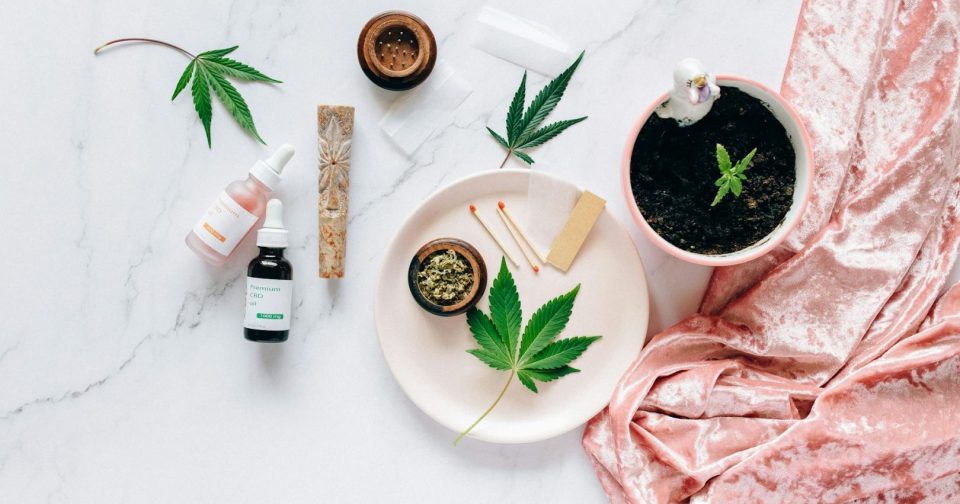photo courtesy Nataliya Vaitkevich on Pexels.com
Never has a bill called an “Act” been so aptly named. The Compassionate Care Act is a performance. It pretends.
Patient access to the treatments they need and desire should not be a conversation in the General Assembly.
Human rights to consume whatever substances they need and desire should not be a conversation in the General Assembly.
Yet we live in a prohibition state and for too long, South Carolina’s lawmakers have inflicted their will upon the rest of us by prohibiting access to THC.
In debate over the Compassionate Care Act, Republican Senator Greg Hembree (R) Horry said, “I can’t think of a more dangerous place for us to get out of our lane.” (resource)
Had their predecessors stayed in their lane the first go ‘round, we wouldn’t be here. Had their predecessors not limited access to a naturally-occurring plant and prohibited a viable agricultural industry in South Carolina, we wouldn’t be here.
Like so many things, South Carolina is late to the party on cannabis. The state-created problem of criminalized growing, processing, selling, and consumption has been addressed in 27 other states with various levels of decriminalization (resource).
Our state has decided to manipulate the market.
First, the Compassionate Care Act will restrict access to cannabis to specific growers and processors certified by the Department of Agriculture. Then only specific practicing physicians will be authorized to prescribe it. Then only certain citizens, those the legislators identify as having debilitating medical conditions (don’t worry, they list them in the bill) are eligible for prescriptions. The Department of Health and Environmental Control will decide whether the facilities and persons are qualified.
Without government oversight, how would citizens navigate the complex process of consuming a naturally occurring substance?
This legislation does not decriminalize cannabis growth, processing, sales, and consumption for all citizens. Only for the select citizens the state deems worthy. This is market manipulation and it’s wrong. The General Assembly should get out of the market design business.
Legalized marijuana has led to increased usage, abuse, and dependence in several states. Additionally, use of cannabis among young people has increased in those states. These are the primary reasons cited for opposing decriminalization: 1) more people will use it, 2) including young people.
Everyone from the National Library of Medicine (link) to National Institute for Health (link) have published studies on legalization and social impacts. The Federal Reserve Bank of Kansas published on economic impacts (link) and found that while state revenue and population grew, so did chronic homelessness. Results in all studies are mixed with environmental factors varying state-to-state.
What would be the results of full decriminalization in South Carolina? A free market solution that enables growers, processors, retailers, and consumers of every socioeconomic class to participate?
We’ll never know. South Carolina’s General Assembly will control the industry from seed to smoke and take all of the credit for their single positive outcome: helping suffering patients.
As State Representative Jermaine Johnson (D) Richland said on 100.7 The Point this week, “This is not a free market.”
Lawmakers will take none of the blame for the plethora of negative outcomes: expansion of state agencies in regulation capacities, denial of citizens’ rights, unbalanced state-sanctioned favoritism to specific growers, processors, retailers, and consumers.
Instead, the General Assembly will brag about its responsible legislation that meets constituent needs. While in reality, Compassionate Care is an Act of self-righteous authoritarianism.
Ready to get involved? Click here to find the next meeting for your local SCLP group.
Keep the fight for liberty on track. Donate here.

